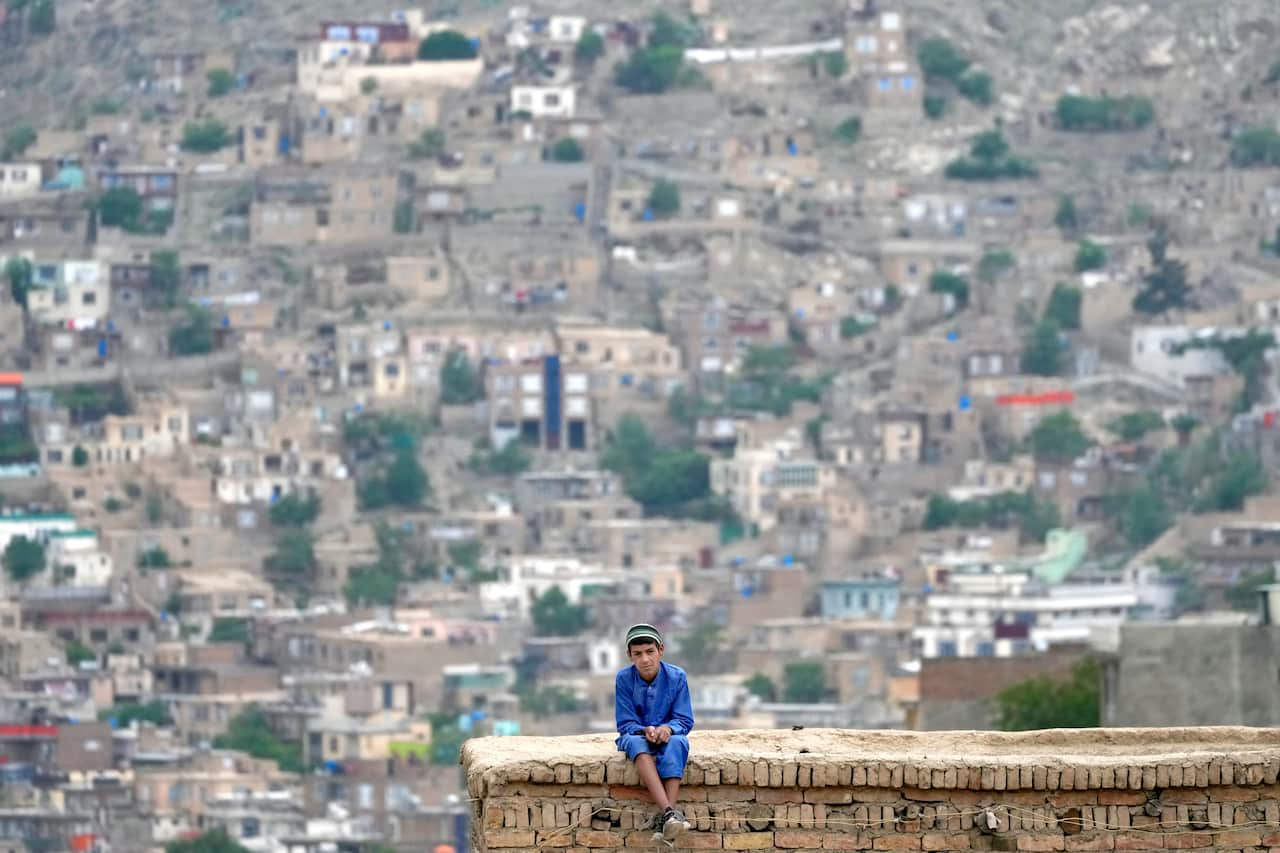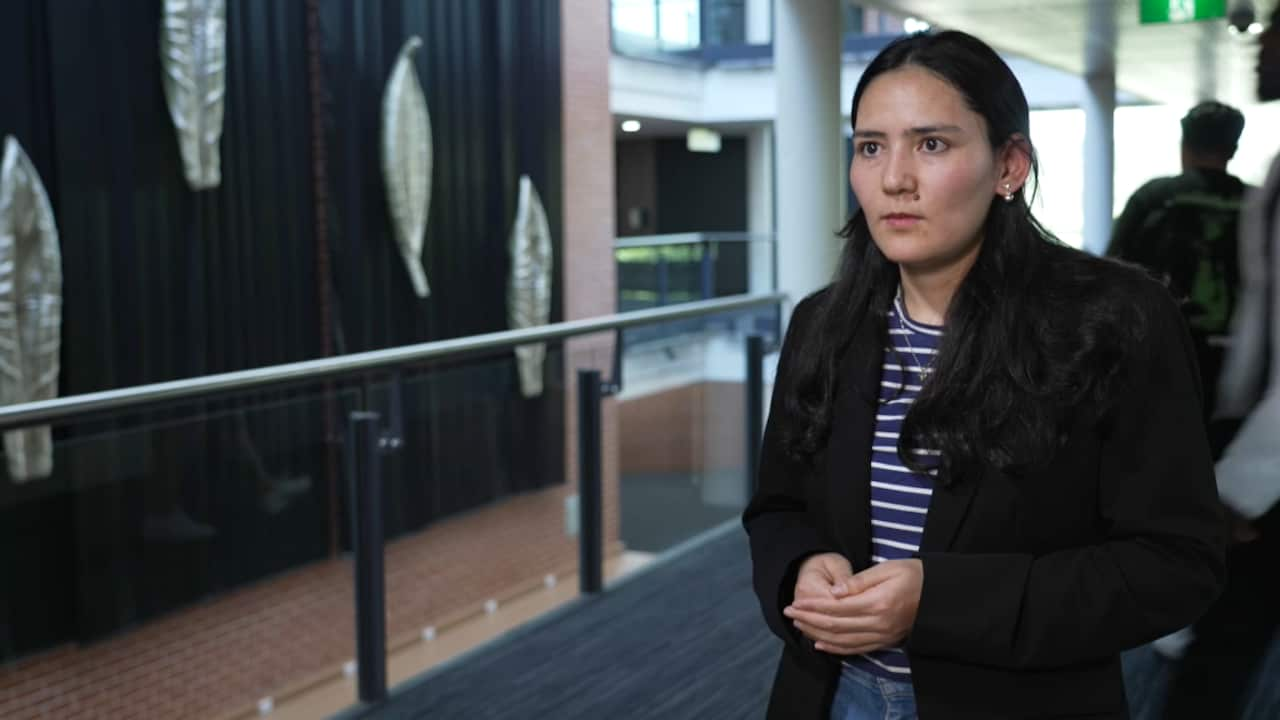Afghanistan might not be the first destination that comes to mind for most travellers, but a wave of influencers is trying to change that.
Travel vloggers have flocked to the central Asian nation, flooding social media with content showcasing the country's vast landscapes, rich history and renowned hospitality.
That's despite the Taliban seizing power more than four years ago and rolling back human rights — particularly for women.
The trend has drawn sharp criticism from human rights groups, who argue the creators risk legitimising the Taliban regime, which was deemed by the United Nations in 2023 to be the "most repressive" government for girls and women.
But others believe responsible tourism could help reshape the perception of the war-torn country, which is often portrayed in a negative light.
Tourism booming under Taliban
Since the withdrawal of US troops in August 2021, Afghanistan's tourism industry has reportedly experienced a surge, with Taliban officials claiming 14,500 foreign tourists visited in the three years to December 2024.
While the Taliban has encouraged tourism as a source of revenue, rights groups say this comes at the expense of transparency and safety, with little infrastructure or legal protection for visitors.
Just last week, the Taliban imposed a nationwide shutdown of communications, weeks after it started severing fibre optic connections to prevent what it calls "vice" and immorality.
International agencies warn the security situation remains volatile, with three Spanish tourists and three Afghans killed in a terror attack by a regional branch of the self-proclaimed Islamic State group in May 2024.
Despite this, a growing number of influencers continue to visit, including Keith Sinclair, an American driving around the world in a muscle car.

In posts to his more than 300,000 Instagram followers, Sinclair is seen holding an assault rifle while posing beside Taliban members.
He also described having a "lovely first encounter" with the Taliban, while also criticising the group for its anti-LBGTIQ+ beliefs and restrictions on women.
American YouTuber Addison Pierre Maalouf, who has nearly two million subscribers, has gone further, falsely telling viewers Afghan women "have more rights than men".

Another travel vlogger, Kieran Brown, encouraged his Instagram followers to book a "lads' trip to Afghanistan".
"Forget Ibiza or Marbella, why don't you and the boys go to Afghanistan this summer?" he posted to his nearly 150,000 followers.
'Very dark picture'
Human Rights Watch researcher Fereshta Abbasi said such posts are "very harmful" and misrepresent life for women under the Taliban.
"It's a very dark picture," she told SBS News.
Since the Taliban returned to power in August 2021, Abbasi said Afghanistan likely had the worst women's rights record in the world.
Women are banned from accessing secondary and higher education and most forms of employment, while 'vice and virtue' laws introduced last year restrict them from using their voices in public.
"Women do not have access to freedom of movement, expression, freedom of assembly," Abbasi said.
She pointed out female voices were almost entirely absent from influencer content.
"Most of these bloggers who are going to Afghanistan, they are not allowed to talk about bans on women's right to education, bans on women's access to employment. They're not talking about any of this," she said.
"If you cannot reflect that full picture, I think it's better not to show."
It's that inevitable fate that forced Sydney student Gul Afroz Mohammadi to flee to Australia.
She was in India on a temporary scholarship when she heard about the fall of Kabul, destroying her plans to return home to her family.

The news came just before her final exam.
"The students were so upset, we didn't even know what to write on our exam papers. All the girls were crying. It was a horrible time," she said.
Mohammadi said the message some influencers are sending about Afghanistan is skewed.
"[The Taliban] don't place the same restrictions on these people that they do on ethnic minorities and women in Afghanistan on these YouTubers. They spend a few days there and think it's always like this," she said.
Women-only tours
The Department of Foreign Affairs and Trade (DFAT) advises Australians not to travel to Afghanistan due to the high risk of terrorism, kidnapping and arbitrary detention.
But that hasn't deterred Sydney-based tour guide Paris Hailwood, who runs women-only trips to Afghanistan.
She told SBS News she promotes responsible tourism, which does not shy away from the realities of the Taliban, while also providing a much-needed boost to the country's economy.
"The purpose [is] ... obviously not to dispel the negative image of the Taliban," she said.
"That's very much present and a part of the conversation."

Hailwood said it was important for people to form their own opinions about the country, noting she had been welcomed despite Australia's involvement in the United States-led war.
"It's a country that we've heard so much about, and people really now have the opportunity to go and see it free of weapons and tanks and drones," she said.
She has crossed paths with influencers and said she believed some were exploiting Afghan guides and fixers to capture content, leaving them vulnerable to Taliban reprisals.
"They leave knowing they're never going to come back because they've got all the footage they need."
For the latest from SBS News, download our app and subscribe to our newsletter.

